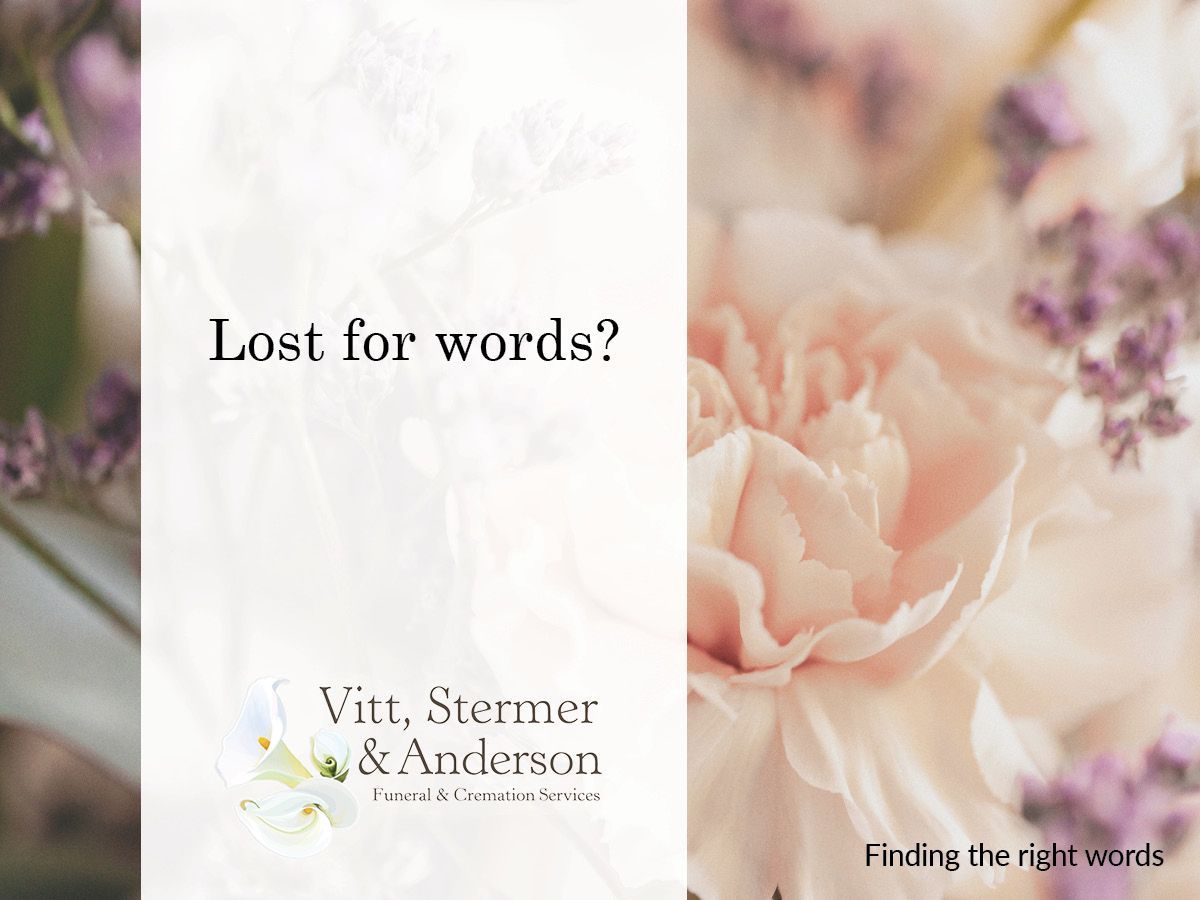What is PTSD?
Post-Traumatic Stress Disorder is a newer name for a very old disorder. In the past it has been known as combat fatigue or shell shock. PTSD is not unique to veterans. It is also seen in first responders, those who witness terrorist attacks, or who are victims of weather disasters, rape or almost any act of traumatic violence. Still, high rates of PTSD are associated with veterans of all wars. www.verywellmind.com/rates-of -ptsd-veterans-2797430. It is a significant issue for our veterans and the families who love and support them.
PTSD is a chronic illness. Symptoms (difficulty sleeping, jumpiness, anger, inability to concentrate) can persist for years after the combat experience. For some, it is a burden they bear for the remainder of their life. It can lead to job loss, alcohol abuse, and drug abuse.
However, there are things a person with PTSD can do to help themselves. Go to helpguide.org www.helpguide.org and type in coping with PTSD to find some really good suggestions like “get moving”. Regular exercise is a basic first step. Another suggestion is finding a personal “calming trigger” something the person suffering with PTSD can utilize to relieve panic and anxiety.
If you know or are a person with PTSD reach out for help. If you know or are a person with PTSD who is having suicidal thoughts call 1-800- 273-TALK (8255)
Hard as PTSD is for the veteran, it is equally difficult for the support person (wife, husband, parent, partner, children). It is hard to understand and hard to cope. Many caregivers find they must take on more family responsibilities in addition to trying to be a support system for their family member. The caregiver must also reach out for help.
If you know someone who is caring for a Veteran with PTSD, help them. Do your best to remain in contact and help in ways that are safe and responsible during this time. The best way to show our appreciation for those who serve might just be to take care of the one who takes care of them.












